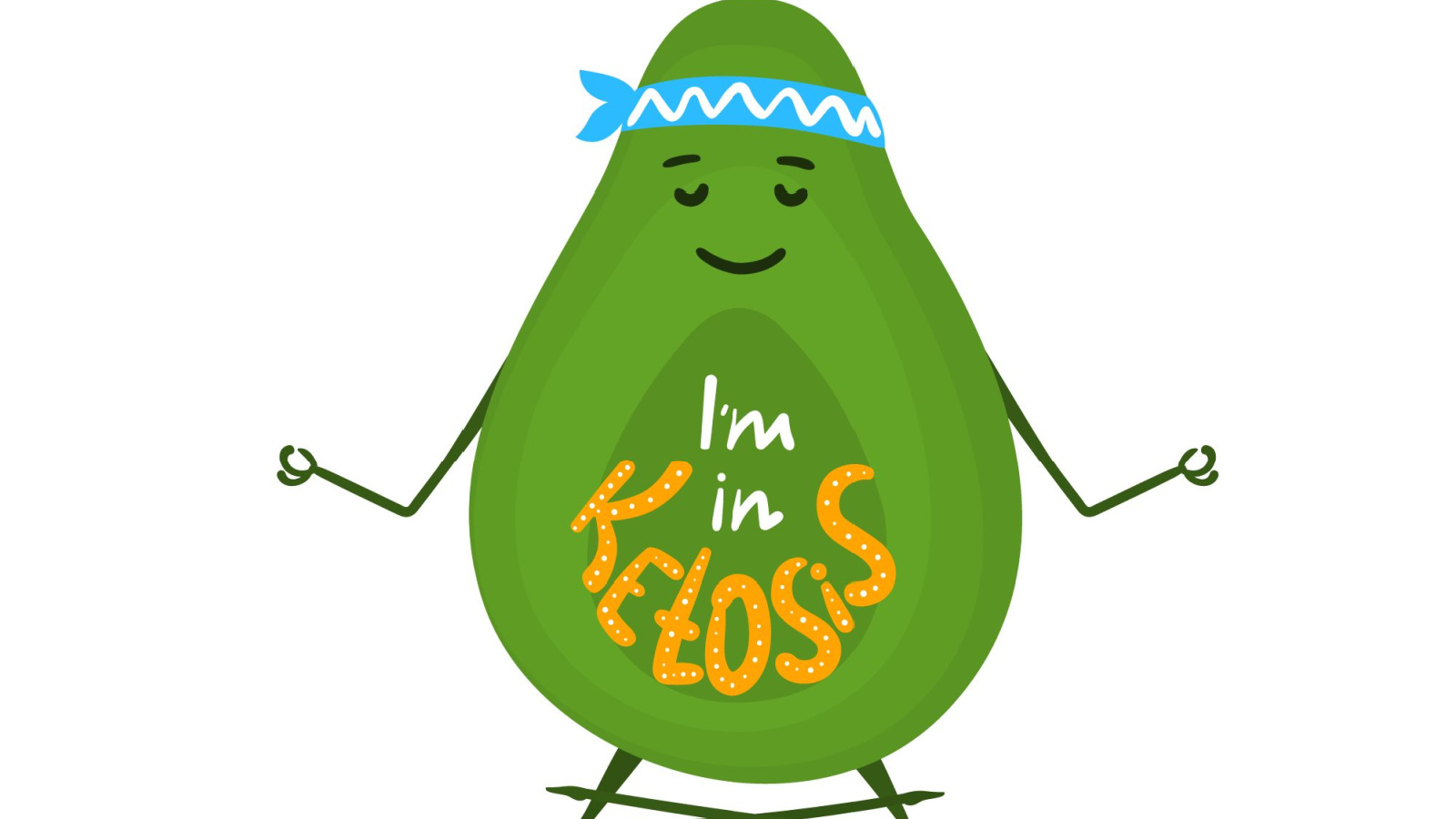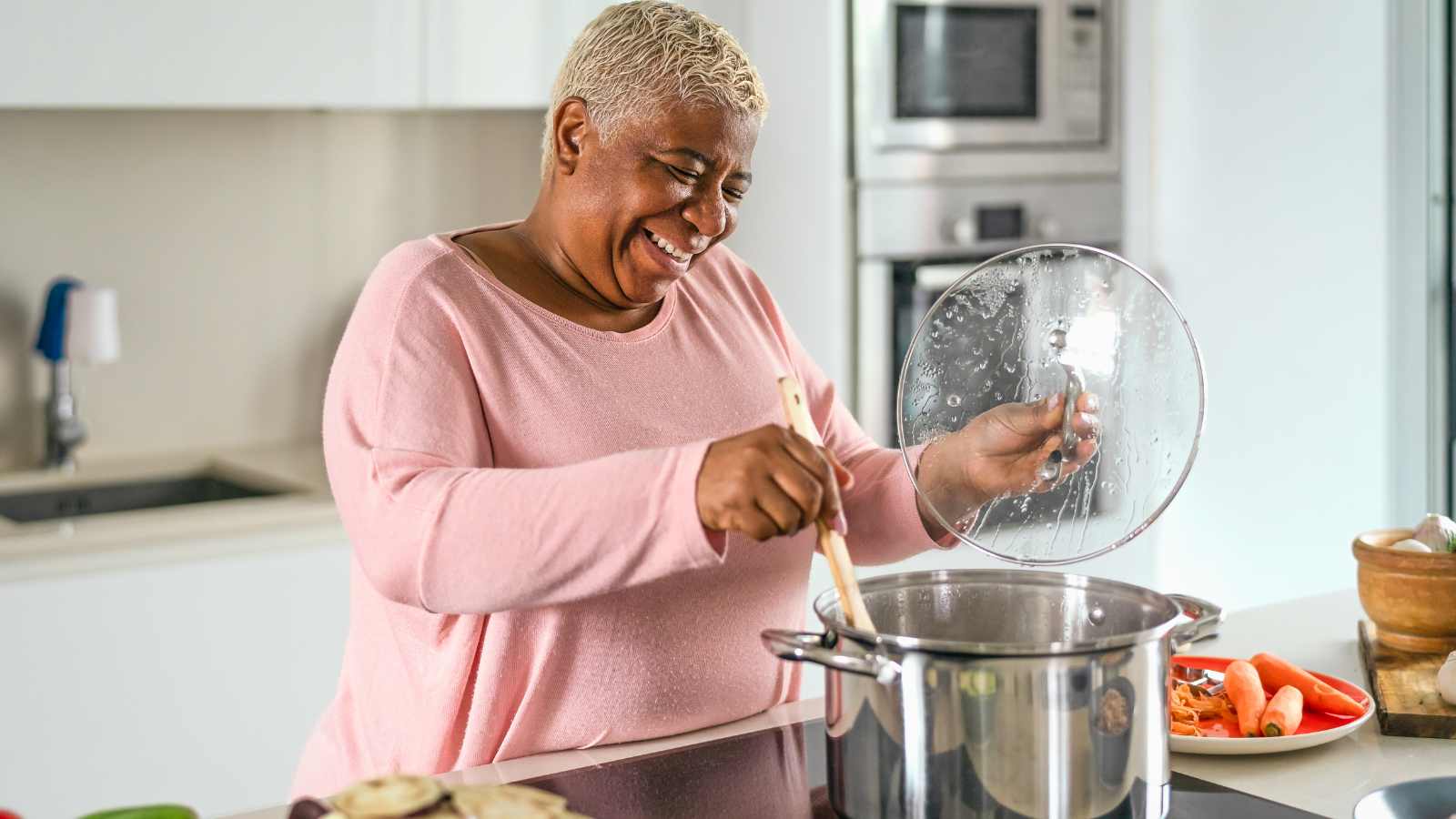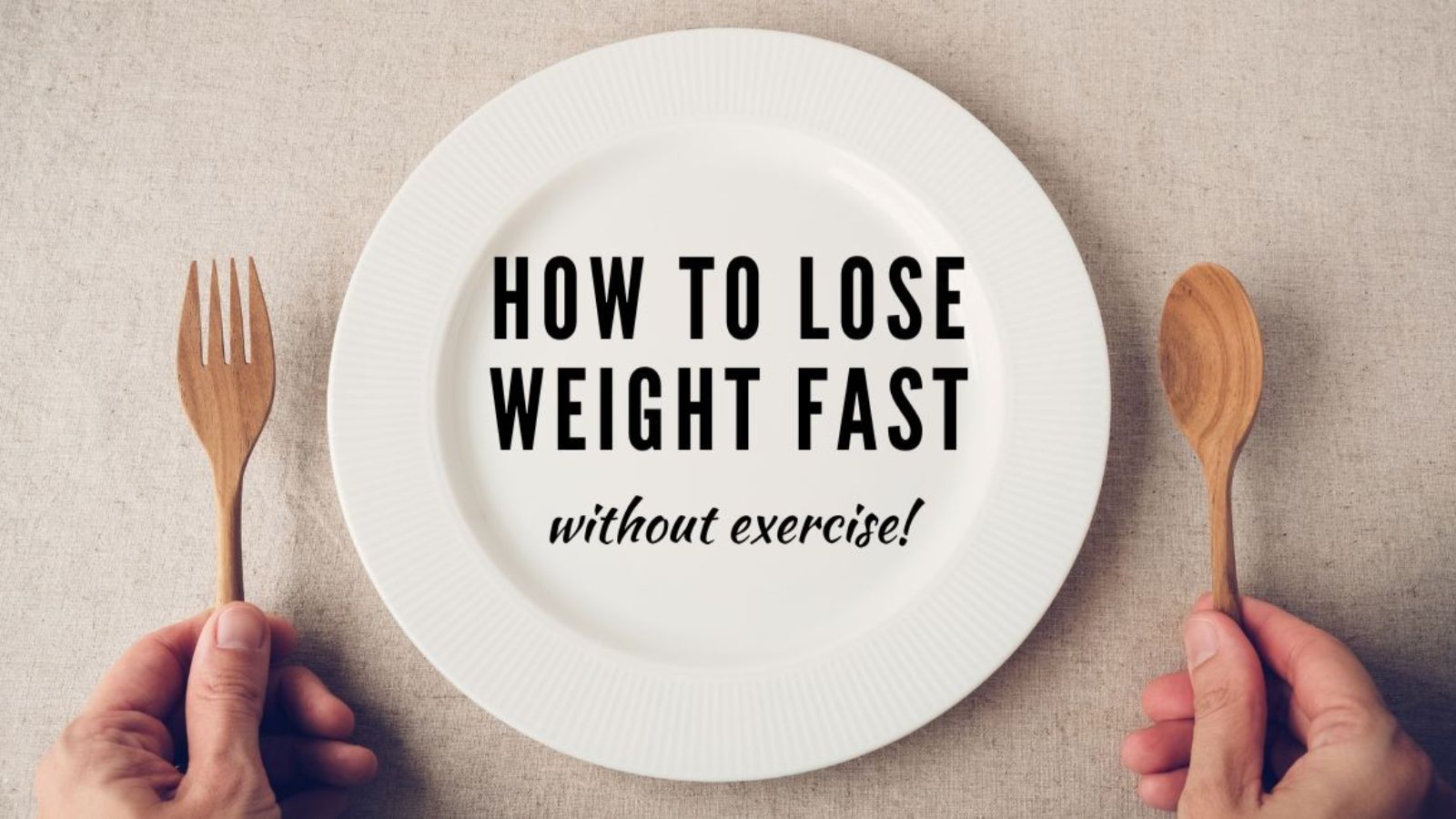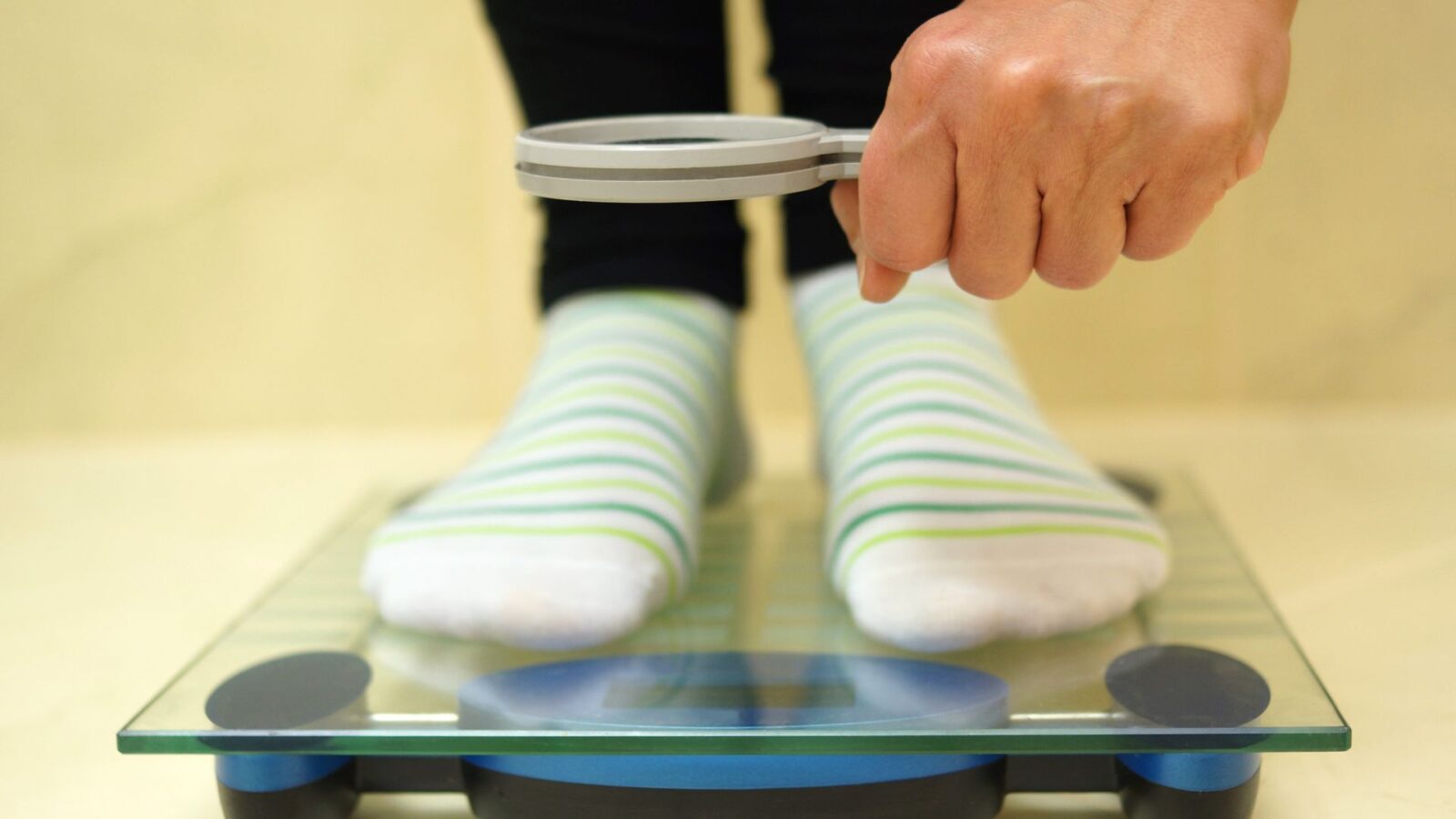Keto for Seniors: 11 Things to Consider
Are you a senior looking to improve your health and well-being through diet? The keto diet may be just what you need. This high-fat, moderate-protein, low-carb diet has gained popularity in recent years due to its numerous health benefits.
But before jumping on the keto bandwagon, there are a few things that seniors should consider. In this article, we’ll dive into 11 important factors that seniors should keep in mind when starting a keto diet.
What is the Keto Diet?
 Pin
PinIn simple terms, the keto diet involves drastically reducing your carbohydrate intake and replacing it with healthy fats. This causes your body to enter a metabolic state called ketosis, which burns fat for energy instead of glucose. By limiting carb intake, the body produces ketones, which are used as fuel for the brain and body.
Now that we have a basic understanding of the keto diet, let’s explore 11 things seniors should consider before starting it.
Consult with Your Doctor
 Pin
PinBefore making any major changes to your diet, it is important to consult with your doctor. This is especially true for seniors who may have underlying health conditions or take certain medications. Your doctor can provide valuable insight on whether the keto diet is right for you and how to implement it safely.
Monitor Your Nutrient Intake
 Pin
PinThe keto diet restricts carbohydrates, which means you may miss out on essential nutrients found in fruits, vegetables, and whole grains. It’s important to make sure you’re still getting a variety of nutrients through other food sources or supplements.
Stay Hydrated
 Pin
PinWith the increase in fat intake, your body may experience some dehydration as it adjusts to using ketones for energy. Ensure you drink plenty of water throughout the day and consider adding electrolyte-rich foods or drinks to your diet.
Take It Slow
 Pin
PinAs we age, our bodies become less efficient at processing certain foods and nutrients. That’s why it’s important for seniors to ease into the keto diet rather than jumping into it full force. Gradually reducing carb intake over a period of weeks can help minimize any potential side effects like headaches or fatigue.
Consider Your Medications
 Pin
PinCertain medications, such as those for diabetes or high blood pressure, may need to be adjusted when starting a keto diet. Be sure to discuss any potential interactions with your doctor and monitor your medication closely.
Keep an Eye on Your Cholesterol Levels
 Pin
PinThe increase in fat intake on the keto diet can lead to changes in cholesterol levels. While some studies show that the keto diet can improve cholesterol levels, it’s important for seniors to regularly monitor their levels and consult with their doctor if there are any concerns.
Listen to Your Body
 Pin
PinAs with any new diet, it’s important to listen to your body and pay attention to how you feel. If you experience negative side effects or don’t feel well, consider adjusting your diet or speaking with a healthcare professional.
Include Nutrient-Dense Foods
 Pin
PinWhile the keto diet does limit certain food groups, it’s important for seniors to still include nutrient-dense foods in their meals. This can include leafy greens, non-starchy vegetables, and healthy fats like avocados and nuts.
Watch Out for Constipation
 Pin
PinThe keto diet can be low in fiber, which may lead to constipation for some individuals. Ensure to include high-fiber foods or consider a fiber supplement to help maintain regularity.
Plan Ahead
 Pin
PinAs mentioned earlier, the keto diet requires careful planning and preparation. For seniors who may have more limited mobility or energy, this can be even more challenging. Consider meal prepping or enlisting the help of a caregiver or loved one to make the transition to keto easier.
Monitor Blood Sugar Levels
 Pin
PinFor seniors with diabetes, closely monitoring blood sugar levels is crucial when starting a keto diet. A sudden reduction in carbohydrates can cause blood sugar levels to drop, so it’s important to be aware of any changes and adjust medication as needed.
Conclusion
 Pin
PinEmbarking on a ketogenic diet as a senior comes with unique considerations. While it can potentially offer health benefits like improved cholesterol levels and weight loss, careful monitoring is essential to ensure overall well-being. Listen to your body’s signals, focus on nutrient-rich foods, guard against constipation, and plan meals carefully.
For seniors with diabetes, monitoring blood sugar levels is crucial. Remember, it’s never too late to improve your health but always do so with caution and professional advice. Starting a keto diet or any new nutritional plan should always be done under the guidance of a healthcare professional.
How to Lose Weight Fast in a Month Without Exercise
 Pin
PinWant to lose weight fast but hate exercising and sweating? We got ya covered. Find out how to lose weight fast without exercise.
6 Ways Keto Helps You Lose Weight
 Pin
PinWonder how you lose weight on keto yet still eat loads of fat? Here are 6 ways this happens.
5 Healthy Sugar Substitutes
 Pin
PinOne thing certainly not allowed on keto is sugar. Finding a good substitute can be hard. Here are 5 we recommend.
Is the Keto Diet Bad For You?
 Pin
PinThis question gets asked a lot. Can’t eating such high fats and low carbs be bad for you? Here’s the answer.
The Best Keto Books To Help You Get Started
 Pin
PinLooking for some good reading inspiration before you get started on your keto journey? Here is an awesome list of the best books on ket.







